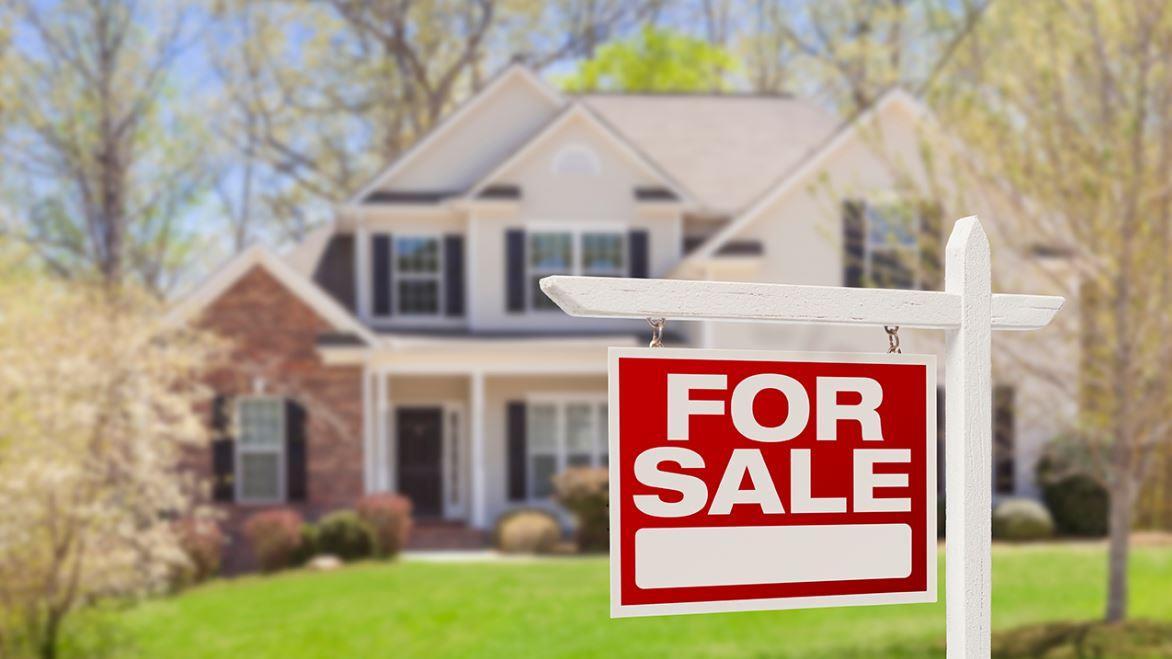Caliber's Sal Moschitta: Your mortgage questions answered as rates remain low
Housing demand is very strong this fall, as lower mortgage rates have continued to attract new home buyers.
According to the Mortgage Bankers Association’s seasonally adjusted survey, over the last week mortgage applications to purchase a home increased 7 percent for the week and were 7 percent higher than a year ago.
The average interest rate for 30-year fixed-rate mortgages with conforming loan balances ($484,350 or less) decreased to 3.99 percent from 4.03 percent. The rate was 5.16 percent one year ago.
Here are my answers to the most common questions we get regarding mortgages.
Fixed-rate and adjustable-rate mortgages: What’s the difference?
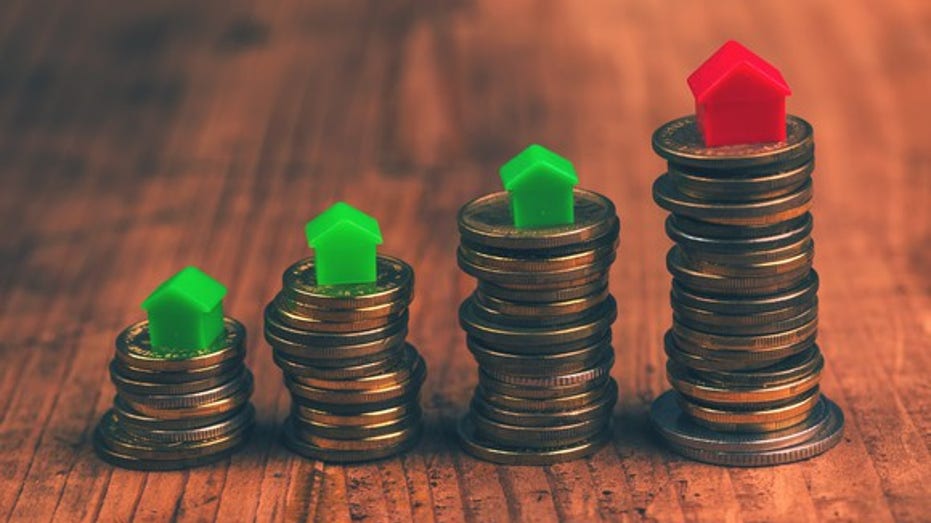
Fixed-rate mortgages
The 30-year fixed-rate mortgages are by far the most popular, and especially if you’re not planning to move in the next few years. “30-year fixed” means that the monthly payment and interest rate will remain the same for the 30 years it takes to pay off the loan.
GET FOX BUSINESS ON THE GO BY CLICKING HERE
Because of the longer term, the payments are often lower, making them an attractive option; however, 30-year fixed-rate mortgages can come with higher interest rates and may be more expensive over the life of the loan.
ARMS
An adjustable-rate mortgage, or ARM, is great for individuals who frequently move. If you are going to stay in your home for only a few years this may be a better option for you. With an ARM you may be able to take advantage of a lower initial interest rate.
However, your monthly payments and rates can rise high, which could be a shock to your budget.
How much mortgage can you afford?
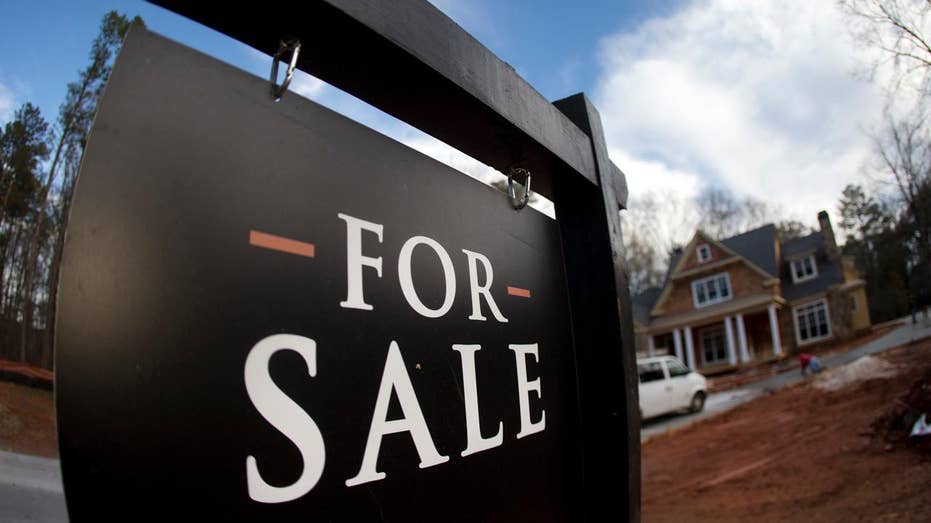
There is no magical number or loan amount. Typically, most financial advisors would say that you should plan to spend no more than 28 percent of your gross monthly income on housing expenses and no more than 36 percent on total debt.
How much of a down payment should I expect to pay?
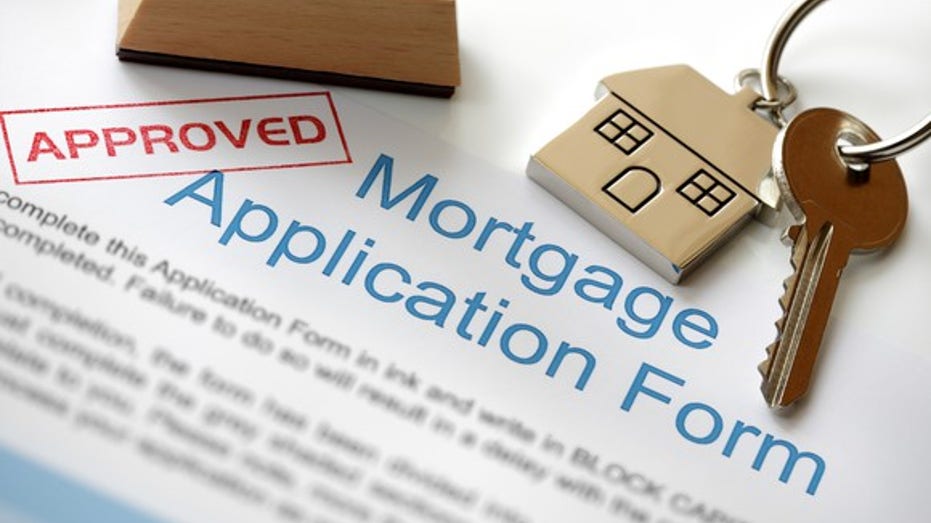
It depends on your situation, but here is some food for thought:
You could put 20 percent down and not pay private mortgage insurance (PMI).
But while some believe that you must have 20 percent for a down payment, that’s a myth. You could put as little as 3 percent down if you qualify for the mortgage, depending on the loan terms.
What’s the difference between a pre-qualification and a pre-approval?
Pre-qualification: This is a great route to take if you are early in the process and just feeling it out. A pre-qualification will give you an idea of the average loan amount you may qualify for.
CLICK HERE TO READ MORE ON FOX BUSINESS
Pre-approval: If you are serious about buying a home, it is always better to secure a pre-approval. To secure a pre-approval, a lender will request your tax returns, W2s and credit history. This gives lenders a clear view to determine the amount of loan to approve for you.
Ok, so I got pre-approved. Let’s Go! Right?
Well, let’s pause for a moment. Lenders can approve you for X amount, but that doesn’t mean your particular budget will fit it.
We calculate the amount based upon income. We don’t look at your food costs or the other various expenses you and your family may incur. Different programs require different information and depending upon the program and your budget, the amount you can afford can differ.
Don't just sign on for the full amount without being sure that it fits your budget.
Do mortgage options change when I retire?
Just because you are retired and don’t have a paycheck, don’t assume you won’t qualify for a mortgage. Lenders can calculate income for a retiree who is drawing on their assets, by factoring in income, IRA and/or 401(k) distributions and more.
What is a renovation loan?
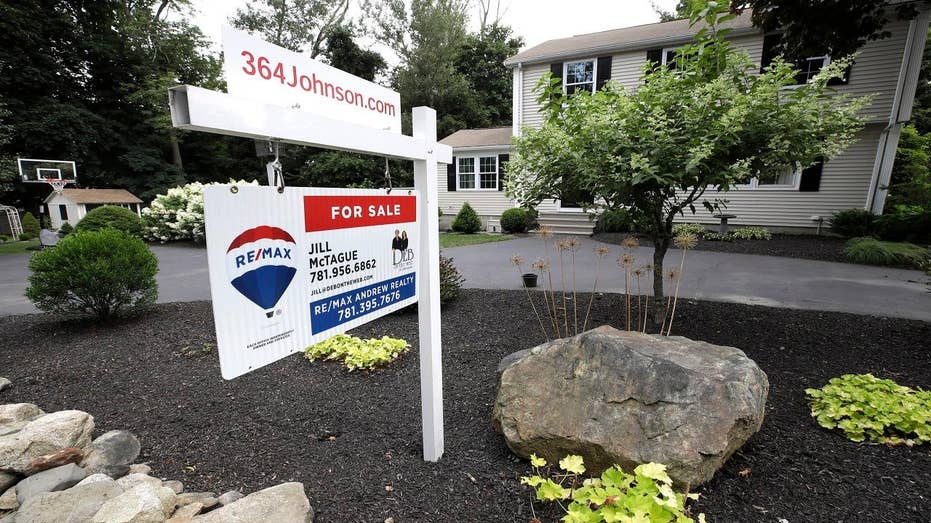
The “HGTV” inspired home modernization and renovation trend is here to stay. In the U.S., 65 percent of all houses are 25 years or older, according to a report from Land Gorilla.
These houses need new countertops, flooring, HVAC, plumbing fixtures and more. With a renovation loan you can buy, or refinance, to take any house in any condition and make it your dream home.
CPA PAUL MILLER: TAX DEDUCTIONS THAT CAN LOWER YOUR 2019 TAX BILL — THERE’S STILL TIME
This can be a better option than taking out a personal loan, or putting yourself in debt using credit cards. In today’s market there are lots of fixer-uppers, so a renovation loan kills two birds with one stone – buy and renovate the house.
Sal Moschitta is a mortgage lending expert and branch manager at Caliber Home Loans.




















